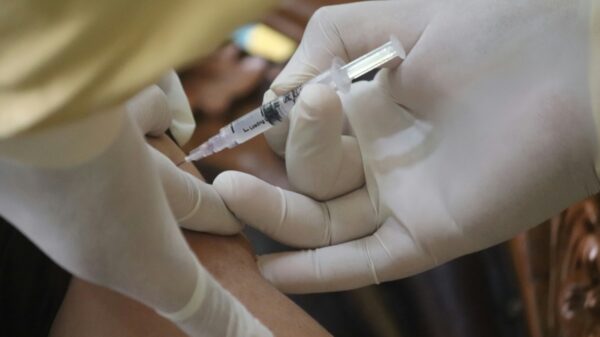Peptide Innovations: The Future of Effective and Sustainable Skincare
Peptides have long been a staple in advanced skincare, known for their ability to support skin health and combat signs of aging. Recent advancements in peptide technology are revolutionizing the field, leading to more effective and sustainable solutions. With new-generation peptides being developed to enhance skin repair and rejuvenation, this innovation offers exciting alternatives to traditional formulations, shaping the future of skincare.
The Science Behind Peptides in Skincare
Peptides are short chains of amino acids that act as building blocks for proteins like collagen and elastin, which are essential for maintaining skin’s structure and elasticity. In skincare, peptides work by signaling the skin to repair itself, boosting collagen production, and improving overall skin health. This ability to target specific concerns has made peptides a powerful ingredient in addressing wrinkles, fine lines, and loss of firmness.
Advancements in Peptide Technology
Recent developments in peptide technology are pushing the boundaries of what these compounds can achieve. Scientists are now creating new-generation peptides that are more stable, potent, and bioavailable. These innovations allow peptides to penetrate deeper into the skin, enhancing their efficacy. Additionally, advancements have led to multifunctional peptides that can address multiple concerns, such as hydration, anti-aging, and skin barrier repair, in a single product.
Peptides for Skin Repair and Rejuvenation
One of the most exciting applications of peptide innovations is in skin repair and rejuvenation. New peptides are being designed to accelerate wound healing, reduce inflammation, and improve the skin’s resilience against environmental stressors. By supporting the skin’s natural repair processes, these peptides not only promote a youthful appearance but also strengthen the skin’s barrier, protecting it from future damage.
Sustainability in Peptide Development
The focus on sustainability has extended to peptide innovations, with researchers exploring eco-friendly methods of production. Many peptides are now being synthesized using green chemistry techniques, reducing their environmental impact. Furthermore, the use of peptides in skincare often allows for lower concentrations of other active ingredients, minimizing resource usage while maintaining efficacy. This shift aligns with the growing demand for sustainable beauty practices.
Alternatives to Traditional Formulations
Peptide innovations are providing effective alternatives to traditional skincare ingredients such as retinoids and hydroxy acids. Unlike these ingredients, peptides are typically gentler on the skin, making them suitable for sensitive skin types. Their targeted action reduces the risk of irritation while delivering comparable results, offering a promising option for those seeking advanced skincare without compromising comfort.
The Future of Peptide-Based Skincare
The future of skincare lies in peptide-based formulations, with ongoing research uncovering new applications for these versatile compounds. From anti-aging creams to serums designed for post-treatment recovery, peptides are becoming a cornerstone of cutting-edge skincare. Their ability to provide precise, effective, and sustainable solutions ensures that they will continue to play a pivotal role in the beauty industry.
In conclusion, peptide innovations are transforming skincare by offering advanced, sustainable, and highly effective solutions. With new-generation peptides enhancing skin repair and rejuvenation, these breakthroughs represent a significant step forward in the quest for healthier, more resilient skin. As science continues to unlock the potential of peptides, they are poised to become a cornerstone of modern skincare.




































